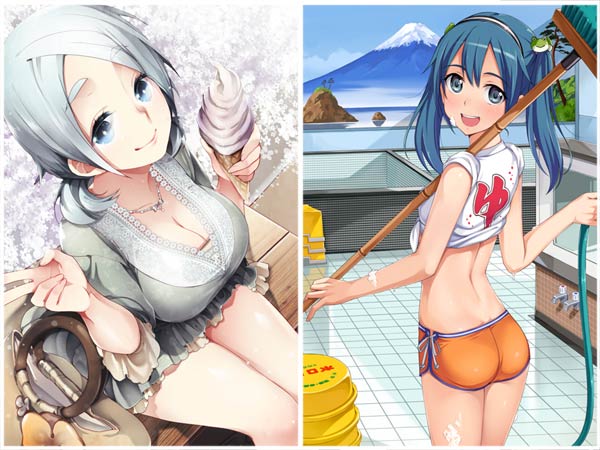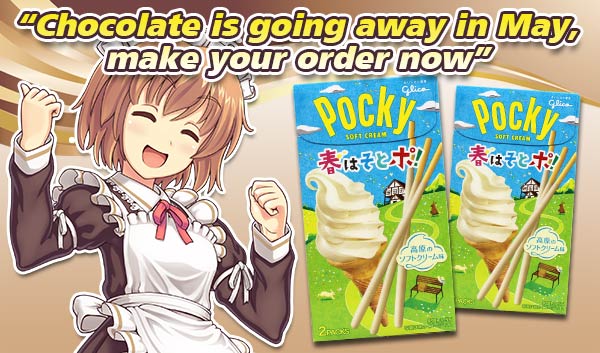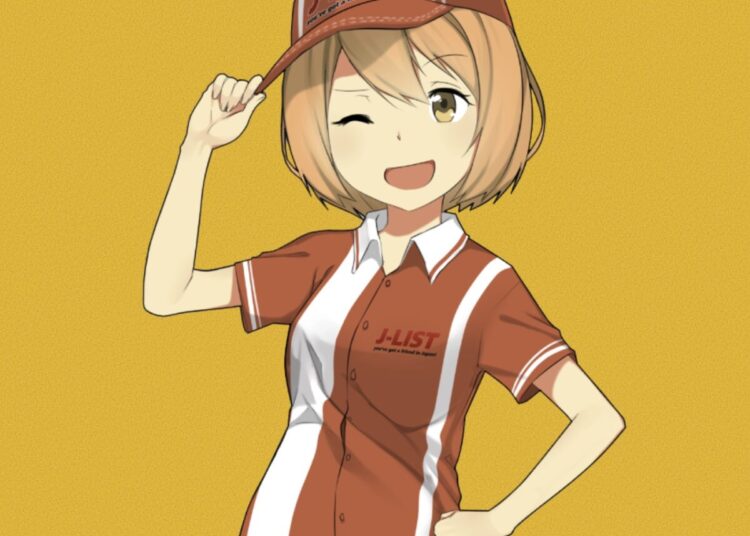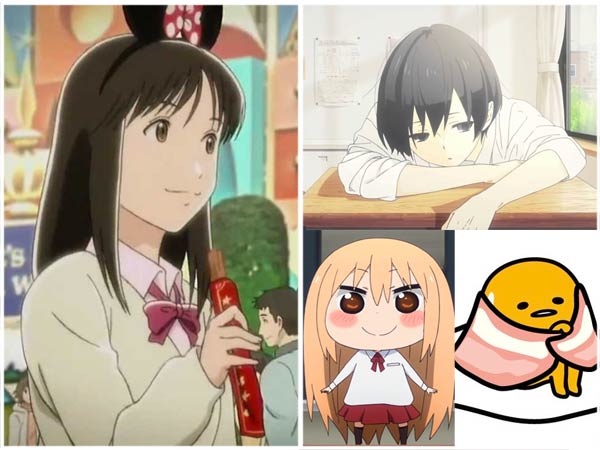J-List is based in Isesaki, a city of 200,000 in Gunma Prefecture that’s pretty much in the exact center of Japan. Although my wife and I like it here, we’re sometimes critical of our city for not measuring up the the other cities around us: we’re not an important commercial hub like Takasaki or a cultural center like Maebashi, and when our city was bombed in the very last air raid of WWII, the politicians of the era insisted everything be rebuilt exactly as it was, rather than taking the opportunity to plan and build a modern and beautiful city. With the boom in anime and manga, local regions of Japan often go out of their way to promote their connection with content creators, but although the popular anime Nichijou was “filmed” in our city, no one in the local government seemed to notice or do anything to promote otaku tourism for the show. Still, my city did manage to do something surprisingly cool: a local guidebook called Isesaki Quest which promotes local restaurants as RPG-style “missions” we need to go on in order to clear each quest. In addition to finding a few new restaurants, I also found there was a really, really old sento (public bath) open since 1916 that I’d never visited.
All countries take English and make it uniquely their own, and I enjoy exploring some of the more creative original words the Japanese come up with, like “soft cream,” their word for soft-serve ice cream. How many of these words can you identify?
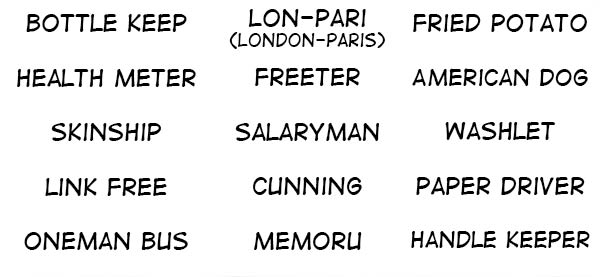
“Bottle keep” means buying a bottle and keeping it at your favorite bar with your name on it, a sign that you’re a regular customer there. A “health meter” is what the Japanese call a scale. “Skinship” is a word for the feeling of connectedness that comes from touching, as by a father putting his children in the bath. “Link free” is what Japanese websites will post, indicating that it’s okay to link to them without asking permission first. A “oneman bus” is a bus without a second person to take your ticket. “Lon-Pari” is slang word for someone who is wall-eyed, the idea being that one eye is looking at London while the other looks towards Paris. “Freeter” is a person who works part-time, also known as an arubaita (from German). Some words get “mapped” wrong, like “cunning,” which in Japanese means to cheat on a test (which is a cunning thing to do), while other words get merged with Japanese grammar elements, like “memoru,” to write something down in a memo. The Japanese love “Fried potato” (French fries) and “American dogs” (what a corn dog is known as here). “Washlets” are those wonderful toilets that wash your butt. Finally, a “paper driver” is someone who has a drivers’ license but doesn’t drive regularly, and a “handle keeper” is the designated driver. How many did you get?
Speaking of soft cream, we’ve got the wonderful new Soft Cream Pocky in stock, along with hundreds of amazing snacks from Japan. One thing to keep in mind: all chocolate is removed from the site in May to keep from turning into so much Meltykiss. Put your order in today!


